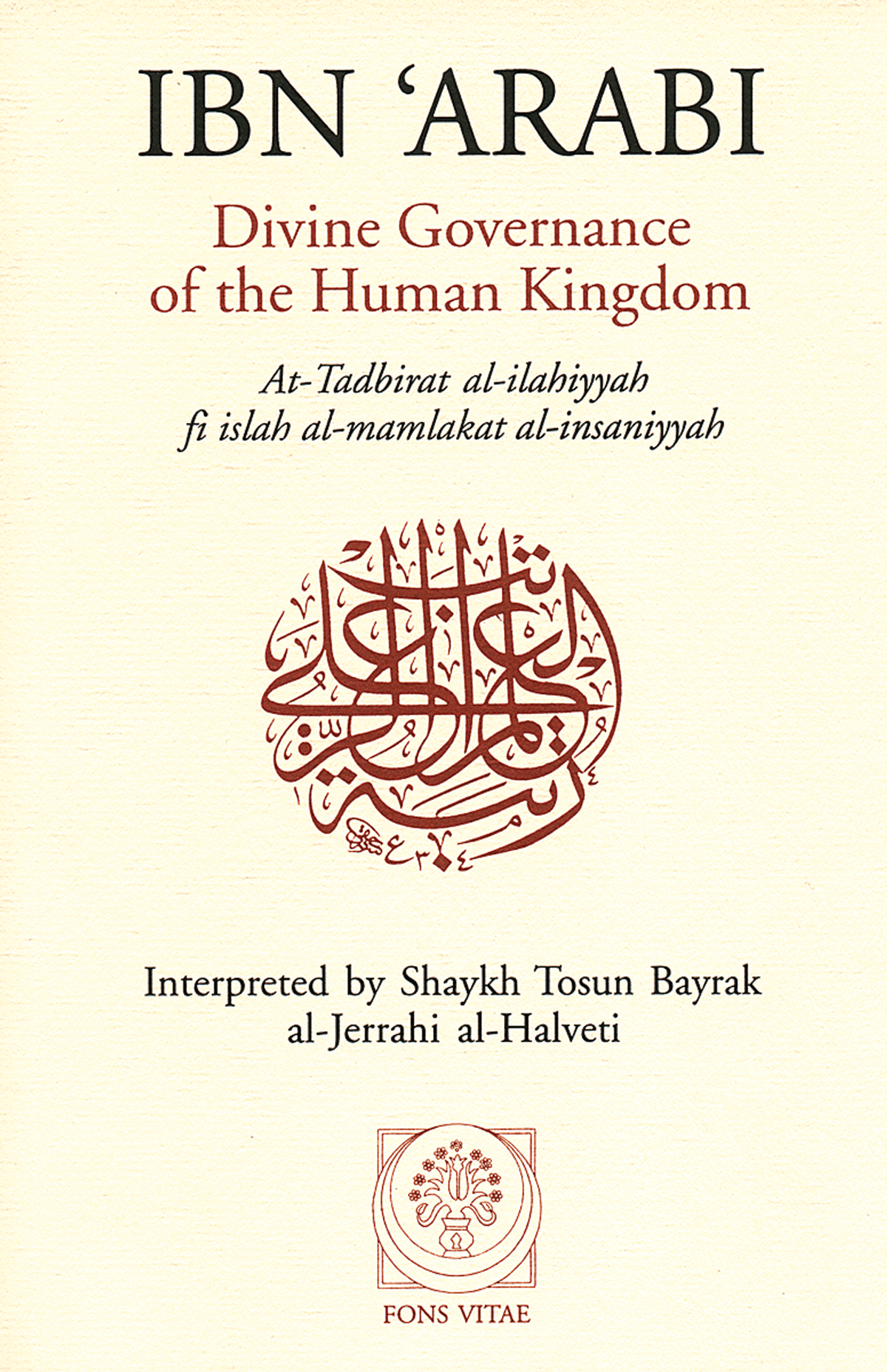Divine Governance of the Human Kingdom
$24.95
Contained in this volume is his powerful but little-known work, Divine Governance of the Human Kingdom, rendered into English for the first time. In a particularly startling way, the text uses metaphors from worldly politics to illuminate details of the spiritual search.
- 978-1-887752-05-3
- 299
